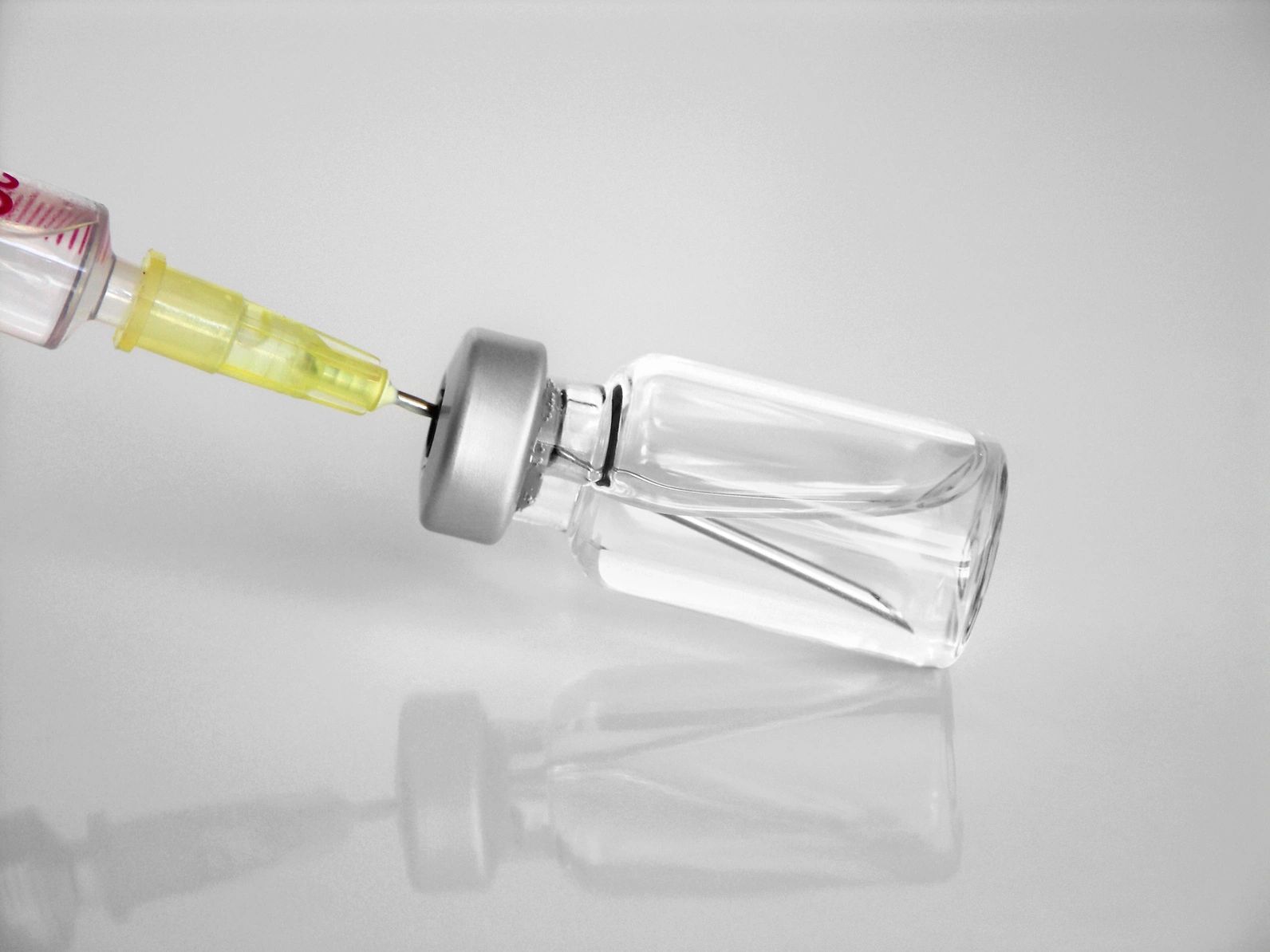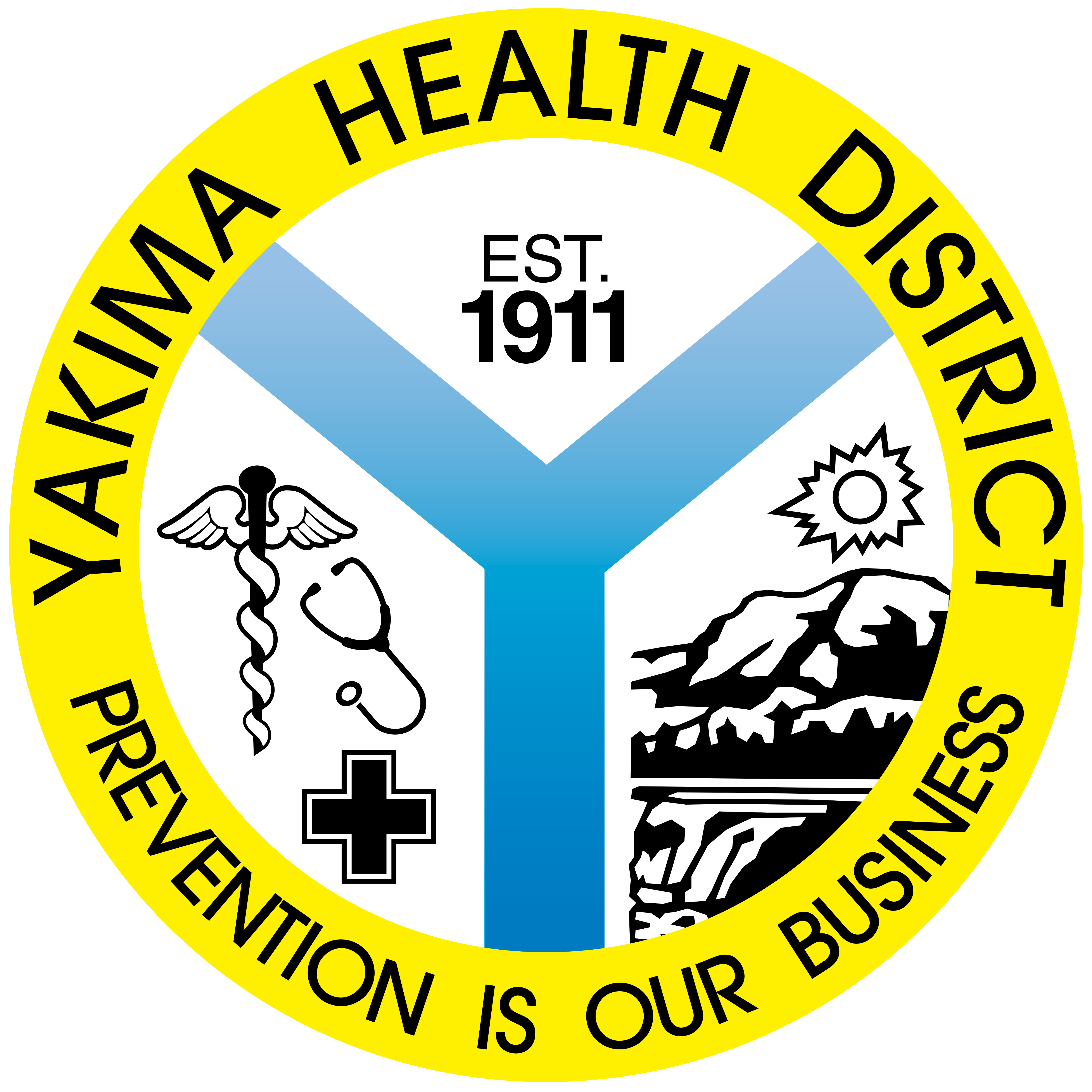
Health Advisory: COVID-19 Vaccine Booster Doses Available to Everyone 18 Years or Older
Requested actions
- Be aware, following the Food and Drug Administration’s (FDA’s) decision to update its emergency use authorizations (EUAs) to allow COVID-19 vaccine booster doses for everyone 18 years or older, Centers for Disease Control and Prevention (CDC) and Western States Scientific Safety Review Workgroup recommend:
- People 50 years or older and all residents of long-term care (LTC) facilities should receive a booster dose of Pfizer or Moderna vaccine at least 6 months after completion of primary vaccination.
- People 18 years or older may receive a booster dose of Pfizer or Moderna vaccine at least 6 months after completion of primary vaccination.
- Be aware, this is a change from the prior recommendation which prioritized booster doses based on age, medical history or risk of home- or job-related exposure.
- Continue to recommend booster doses for all Johnson & Johnson (J&J) vaccine recipients at least 2 months after their primary vaccination.
- Offer the same or different vaccine for the booster dose than the patient received for their primary vaccination.
- Continue to report all COVID-19 vaccine doses administered into the Washington Immunization Information System (IIS) to better reflect where patients can find COVID-19 vaccine.
- Promote childhood immunization, including non-flu Vaccines for Children (VFC) doses and COVID-19.
- Be aware, incorrect information is printed on the labels of some Pfizer pediatric COVID-19 vaccine vials. All Pfizer pediatric COVID-19 vaccine should be discarded 12 hours after dilution.
- Help patients access their vaccine records and explain the different ways to show vaccination status. Options exist for everyone, including those who need language assistance or don’t have access to a computer or smartphone.
Background
Booster dose updates
On Nov. 19, CDC and the Western States Scientific Safety Review Workgroup recommended a booster dose for everyone 18 years or older, following the FDA’s decision to update its EUAs allowing booster doses for everyone 18 years or older. This is a change from the prior recommendation which prioritized booster doses for people based on age, medical history or risk of home- or job-related exposure.
As some people continue to be at higher risk of severe illness and death, CDC made some distinction to its recommendations:
- All recipients of J&J COVID-19 vaccine should receive a booster dose at least 2 months after their primary vaccination.
- People 50 years or older and all residents of LTC facilities should receive a booster dose of Pfizer or Moderna COVID-19 vaccine at least 6 months after completion of primary vaccination.
- People 18 years or older may receive a booster dose of Pfizer or Moderna COVID-19 vaccine at least 6 months after completion of primary vaccination.
Heterologous (mix-and-match) booster doses are still authorized. Offer the same or different vaccine for the booster dose than the patient received for their primary vaccination. People are still considered fully vaccinated 2 weeks after their second dose of Pfizer or Moderna or 2 weeks after their single dose of J&J.
These decisions were made following observation of waning vaccine effectiveness over time—especially during the spread of the Delta variant—despite protection remaining high for severe disease and hospitalization. Furthermore, a Kaiser Family Foundation survey found 4 in 10 vaccinated adults were unsure whether they were eligible for a booster dose. The same survey found 6 in 10 adults say boosters show “scientists are continuing to find ways to make vaccines more effective.” CDC recognized vaccine recommendations based on risk and exposure are difficult to implement and moved to more broad recommendations to help increase protection against COVID-19.
Booster doses of Pfizer and J&J vaccine are identical to primary doses. The Moderna vaccine booster dose is half the primary dose (50 mcg in 0.25 mL). Moderna multi-use vials are unchanged, so each vial will have 20 booster doses. The third dose of Moderna vaccine recommended for people with compromised immune systems is still the full 0.5 mL dose.
Reach out to your eligible patients and discuss whether they would benefit from a booster dose. Continue to offer COVID-19 vaccine primary series and promote vaccination. The Health Department will offer booster doses to newly eligible people once Washington State has a standing order.
COVID-19 vaccine resources
- FDA booster dose updates.
- EUA fact sheets for recipients and caregivers:
- COVID-19 vaccine locator, DOH.
- COVID-19 vaccine provider toolkit and resources, DOH.
- COVID-19 vaccination for providers, CDC.
- Clinical considerations for COVID-19 vaccination and guidance for managing anaphylaxis, CDC.
- COVID-19 vaccine quick reference guide for healthcare professionals, CDC.
- COVID-19 vaccine training module on best practices for providers, CDC.
